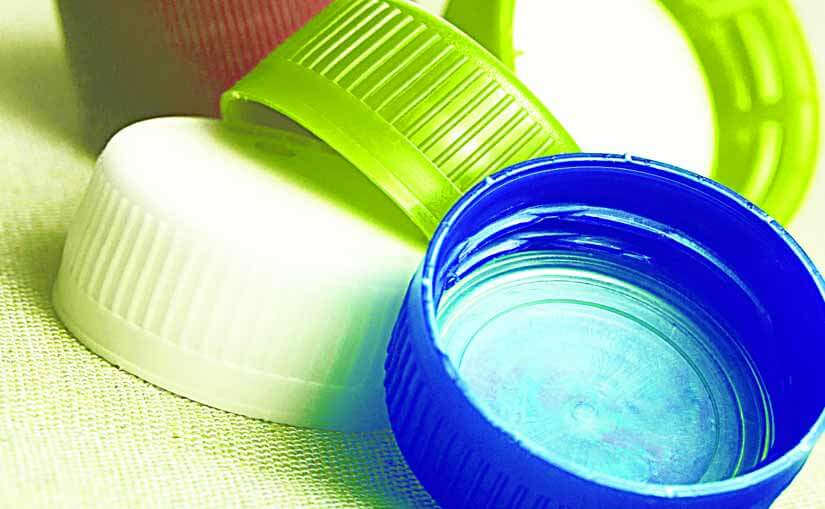This article is the result of a long debated topic. Should cesspit enzymes be used in a residential septic system? It is certainly about time for the cesspit to receive positive publicity. It is often brushed aside and just seen as a disgusting part of the house or property. This may probably be the main reason why it’s often neglected by homeowners. The cesspit is the wastewater treatment facility especially designed for the household. It should be well-taken care of.
The homeowner could start doing this by changing the conventional household cleaners to bacteria-, cesspit- and environment-friendly ones; redirecting the rain gutter away from the cesspit; removing any form of construction and vehicles placed over the cesspit; using the drains, sinks, and toilets properly; and adhering to the pumping schedules set with the septic expert. Modern homeowners have very hectic lifestyles. They usually overlook the need to pay attention to their cesspits. If they have a tight budget, they even cross out their cesspit from it.
Many cesspit product manufacturers promise unrealistic results to homeowners to make their cesspit maintenance hassle-free. They tell people that there would be no need to pump out and religiously inspect the cesspit with their products. This just makes things even more complicated for cesspit owners and the relationship between cesspits and cesspit enzymes. Once they believe the propaganda, their cesspits don’t get the proper treatment anymore. They just see the cesspit additives that they use as the complete solution to everything about their cesspit.
Cesspit enzyme additives are grouped into three—organic, inorganic, and biological. The organic additives are those that can improve the cesspit for a while but if used for a long period of time, could actually alter the performance of the resident bacteria. One such organic additive is baking soda. This is a basis compound that lowers the acidity in the cesspit environment. The resident bacteria will benefit from this because as you know, bacteria thrive more in less acidic environment. Inorganic additives are strong acids and bases that kill off the resident bacteria and corrode the components of the cesspit. This type of cesspit additive is used in some conventional cesspit treatments but is not recommended. The most widely-used cesspit additive is biological one. This is composed of enzymes and non-pathogenic bacteria. The cesspit enzymes greatly improve the bacterial performance in degrading the solid waste materials. These and the added bacteria do not have harmful chemical discharges that could bring diseases and toxicity to the surrounding environment and into your household.
The use of cesspit enzymes is not supported by everyone. Some experts say that these are not necessary for your cesspits to achieve optimal functioning. They say that the human wastes that you dump into the cesspit are enough to provide the essential natural enzymes to improve the bacterial performance inside the cesspit. They even advise for you to just keep on adhering to the pump out schedule recommended by your septic expert to have the optimal cesspit that you need.
The main reason why you need cesspit enzymes is the use of household cleaners. Many household cleaners in the market these days often contain harsh chemicals that decrease the performance of the resident bacteria in the cesspit. This lowers the efficiency of the bacterial population to breakdown the solid waste materials. As a result, the solid waste level increases and overwhelms the cesspit and even gets dispersed into the surrounding soil absorption area. When the soil absorption area gets clogged, the system backs up and eventually fails. This makes your home and property an unhealthy place to live in until costly repairs are made.
Cesspit enzymes are known to contribute to prevent such a very unacceptable incident. It is your prerogative to use cesspit enzymes on your system. But make sure that you consult your cesspit system expert about cesspit enzymes. It is always the best move to trust professionals in handling your cesspit. This way, you can be sure that the cesspit enzymes will really help your system work at its best for the maximum period of time.

